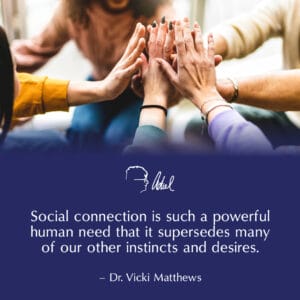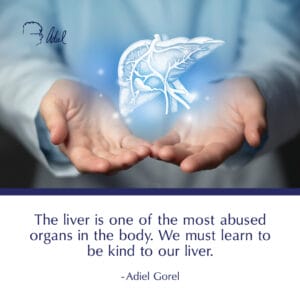How to Change Your Future – It’s Never Too Late to Live Without Regrets & Create Happiness
How It Is Possible to Die While Still Alive – And How to Avoid This
In part one of my podcast with coach, speaker, Master of Applied Positive Psychology, and teacher of how to live without regrets Jodi Wellman, we hear the story about her mother who passed away early. She speaks about the concept of Temporal Scarcity and about the importance of living life in a way that we do not have those deathbed regrets. In the second part of the uplifting episode, we continue our conversation about ways to achieve that astonishing life.
It isn’t always easy to live without regrets.

There is no judgment about what an astonishing life looks like, as long as you’re feeling like you’re living it the way you want to be living. – Jodi Wellman
Jodi is frank about the fact that the ability to live an ‘astonishing’ life is a grandiose claim and that even she is not able to have astonishing days all of the time. Also, there is a lot that actually goes into creating a life that is truly worth living. Planning is an important if onerous and ‘pesky’ part of the process, she says. While there are things that we all enjoy doing, time to do them will not magically present itself – we have to make this happen.
One of the ways advocated by positive psychology is pre-savoring or anticipation. When we look forward to something pleasant, it gets us into a positive frame of mind. It could be anything you’re looking forward to: that pizza Friday night, a party, a trip, a project at work, or even your hobby. When we look back on a day, we can try to identify the high points, times when we felt really alive. That is a good way to make an assessment and then give thanks, say, by way of a gratitude journal, says Jodi. This is an important aspect of the way to live without regrets.
Changing your future takes time – but you can start anytime.
Jodi shares another personal anecdote to make her point about living life to the fullest even in the later years. She speaks about her father who is now in his 80s and who feels as though his ship has sailed. This attitude, that the “best years are behind me” is one she comes across a lot. (Truth be told, I come across this same attitude, with people in their late 30s saying they are late to the investment party, whereas I have people in their 70s starting to invest for the first time.) Jodi recommends taking pleasure in the little things to overcome this attitude.
Jodi points out the need to pinpoint what it is that is working for us. If life feels uninteresting, what part of it is feeling dead? Is it work, a relationship, finances, recreation, spirituality, or friendships? It is important to identify what you hate and what you love. After all, “you can’t manage what you can’t measure.” Right now, there is a loneliness epidemic; the experience of isolation is as dangerous as smoking 15 cigarettes a day, according to some estimates. Relationships are something we should all be looking at closely to identify the pain points in life – remember we can be a house full of people and still feel lonely!
We speak about the Hoffman Process where one of the activities is to plan and have a funeral for yourself while you’re still alive. Jodi also speaks about why boredom is important. She also tells us about the founder of positive psychology Christ Peterson who disagreed with the notion of the Happy Hermit – because we all want and need social engagement.
You may want to check out Jodi’s website where she has a life countdown timer, which helps track our Mondays (we have an average of around four thousand Mondays in our lives) and also offers the “How Alive (or Dead) Are You?” quiz. Check out my podcast to know more about Jodi, her Four Thousand Mondays program, and how to live without regrets.




